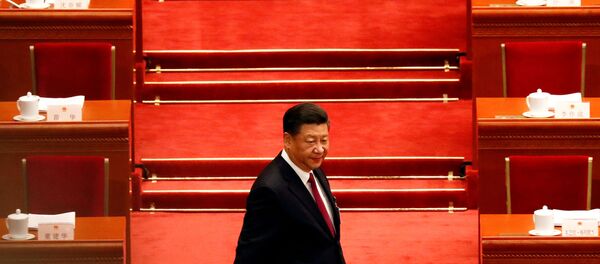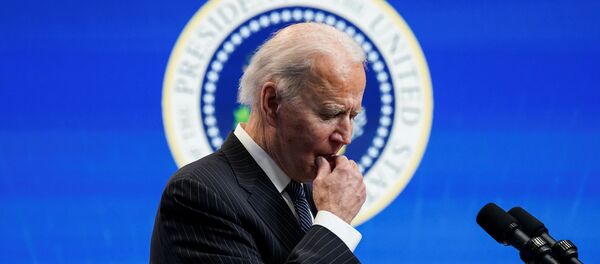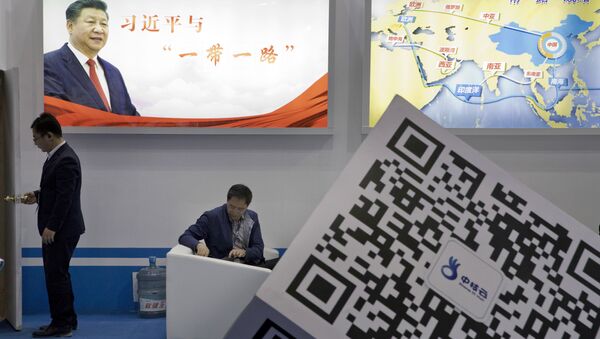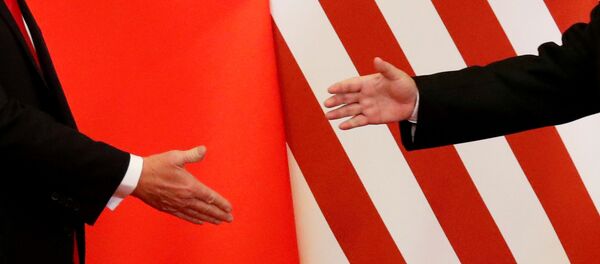Experts from China's public and private sector are joining forces to standardise the mainland semiconductor market to protect national supply chain lines in the ongoing US trade war on China, the South China Morning Post reported on Friday.
The China Electronics Standardisation Institute (CESI) proposed the plans, which would "support and guarantee the healthy development of the integrated circuit (IC) industry", a Chinese Ministry of Industry and Information Technology (MIIT) statement read as quoted by the SCMP, adding public consultations on the proposal would conclude at the end of February.

“Many domestic companies have launched their own artificial intelligence chips, but there is no unified performance evaluation standard,” the statement read.
According to CESI, a lack of standards causes difficulties to keeping "an orderly industrial environment" due to rising communication costs between semiconductor firms and customers.
“As the foundation and core of the information industry, the IC industry occupies a pivotal position in the national economy and social development,” CESI said, adding national security was was supported by a strategic industry.
China Vows To Decouple From Foreign Tech As US Reviews Trump-Era Restrictions
The announcement came months after China pledged $1.4tn to build its mainland technologies, including infrastructure, artificial intelligence, 5G, green energy and numerous others, in a bid to reduce dependence on key foreign imports.
US president Joe Biden later postponed an executive order launched in November to 27 May to review Trump's trade war on China, which blacklisted Chinese firms in recent years, citing alleged ties to the Communist Party and military, sending bilateral ties to historic lows.
SEMI, a major association of global chipmakers, including Samsung Electronics, Intel, Micron Technologies and others, urged the US president in an open letter to reassess the export restrictions on Chinese firms from Trump's administration.

Donald Trump's administration added over 70 Chinese tech firms to an Entity List in May 2019, citing national security risks, sparking criticism from Chinese companies and officials who denied the allegations. Further restrictions were slapped on mainland tech companies weeks ahead of Trump being voted out of office.






